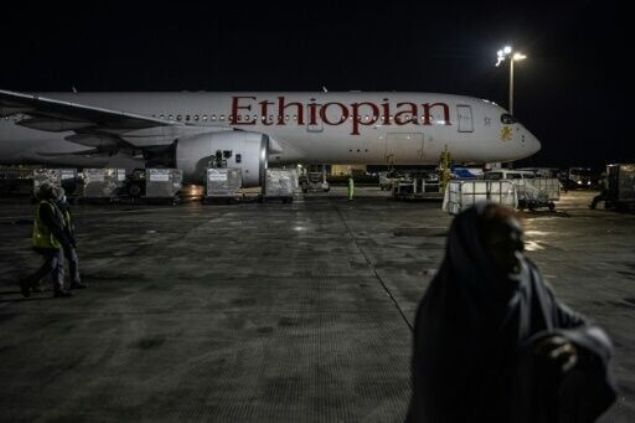In recent years, protectionist policies implemented by various African countries have limited competition in the aviation sector. This has resulted in reduced options for travelers and higher prices for airfares. It is crucial to recognize that fostering a more open and competitive market can lead to more affordable and accessible air travel opportunities for passengers.
Taxes also play a substantial role in the high cost of air travel in Africa. Governments across the continent frequently impose hefty taxes on airline tickets, making them significantly more expensive for travelers.
These additional financial burdens discourage potential passengers and hinder the growth of the aviation industry.
Furthermore, fuel costs have a considerable impact on air travel expenses. Africa heavily relies on imported aviation fuel, which is subject to international market prices.
Fluctuations in fuel prices can have a substantial effect on airline operating costs, ultimately leading to increased ticket prices for passengers.
Addressing the high cost of air travel in Africa requires a comprehensive approach. African governments must reconsider protectionist policies, promote competition, and create a more open market for airlines.
Additionally, the imposition of excessive taxes on airline tickets needs to be reevaluated, ensuring that air travel remains affordable and accessible.
Finally, exploring ways to reduce dependency on imported fuel and embracing alternative energy sources could help mitigate the impact of fluctuating fuel prices. By addressing these challenges, Africa can unlock the potential for a thriving and sustainable aviation industry.

